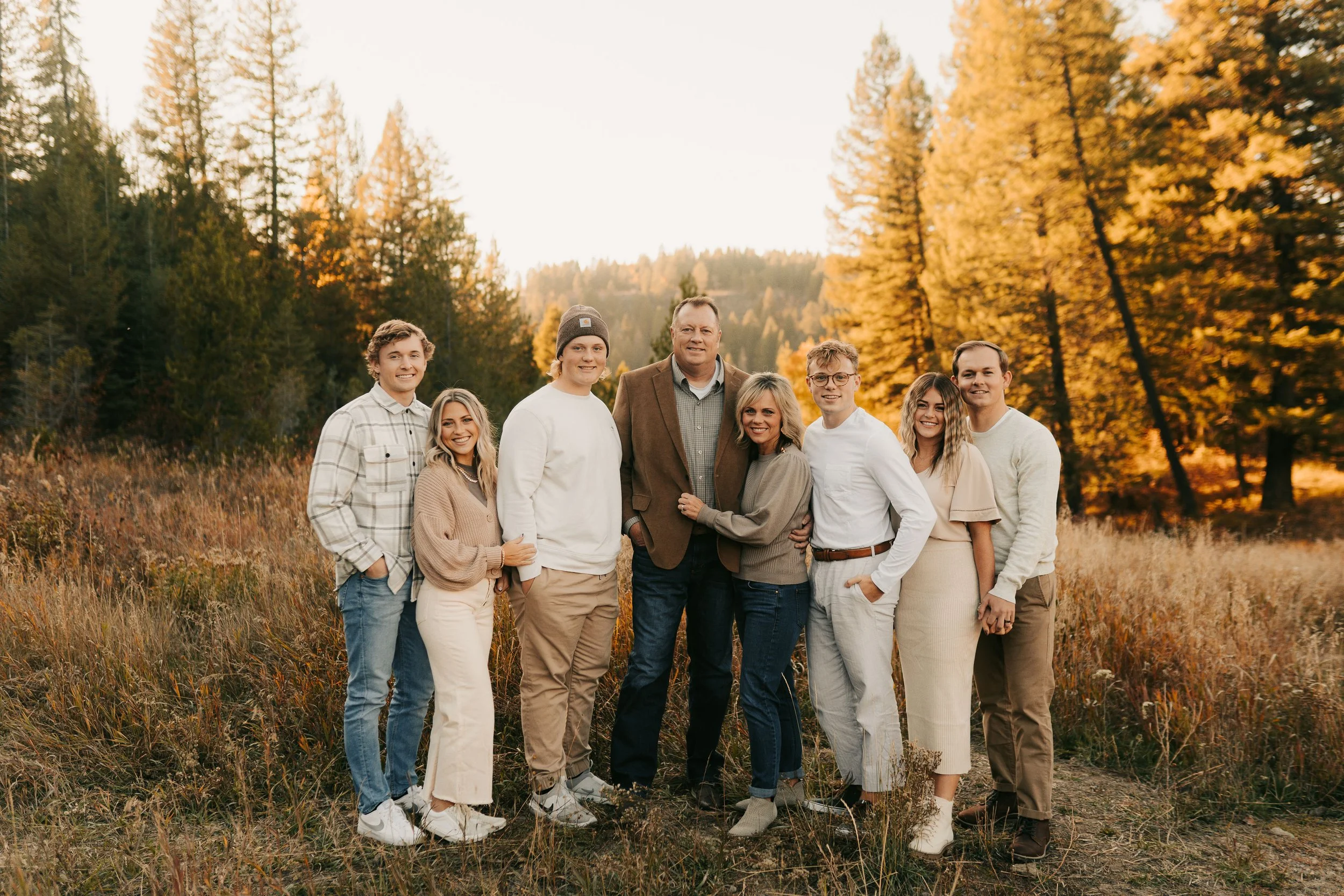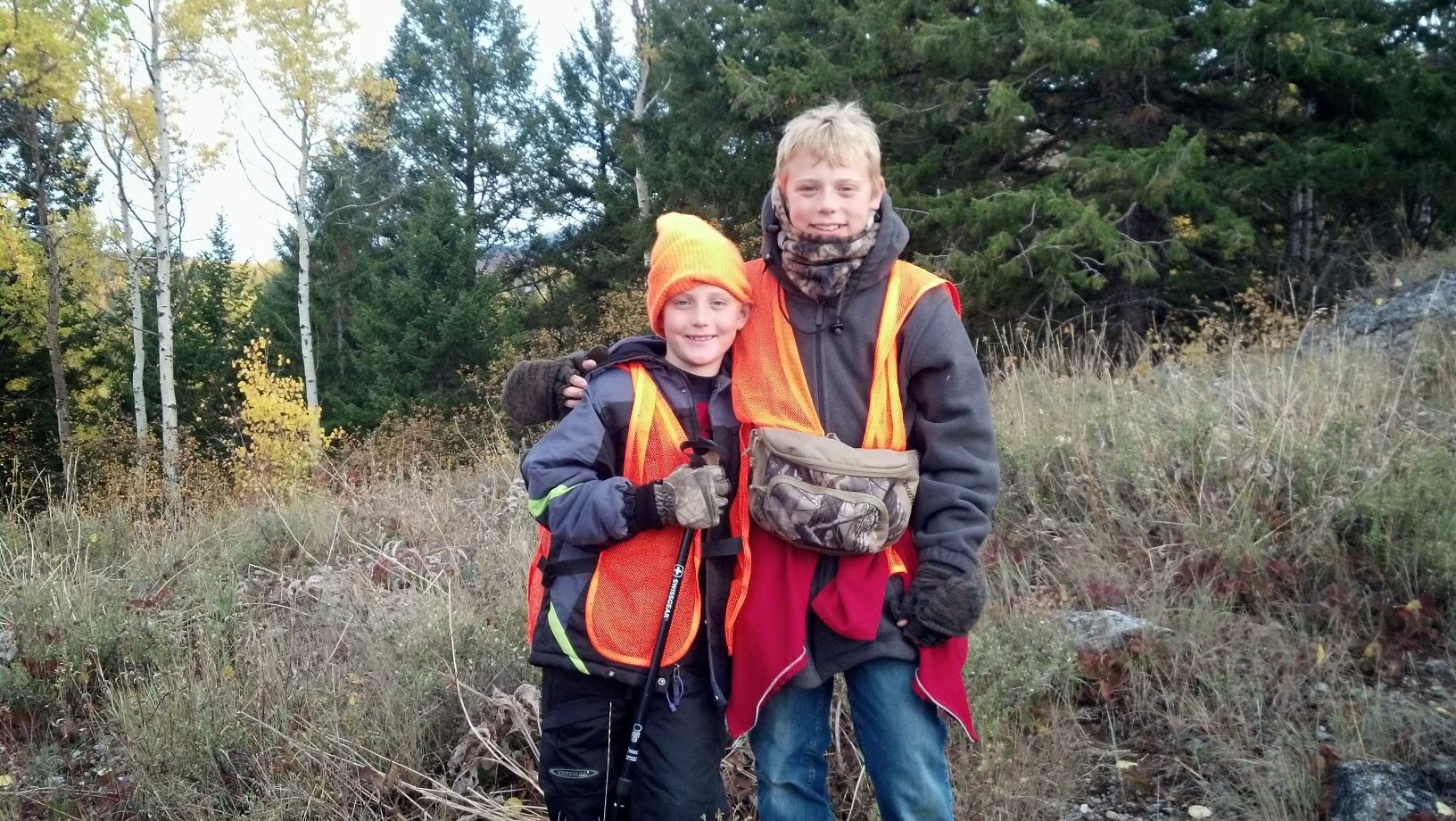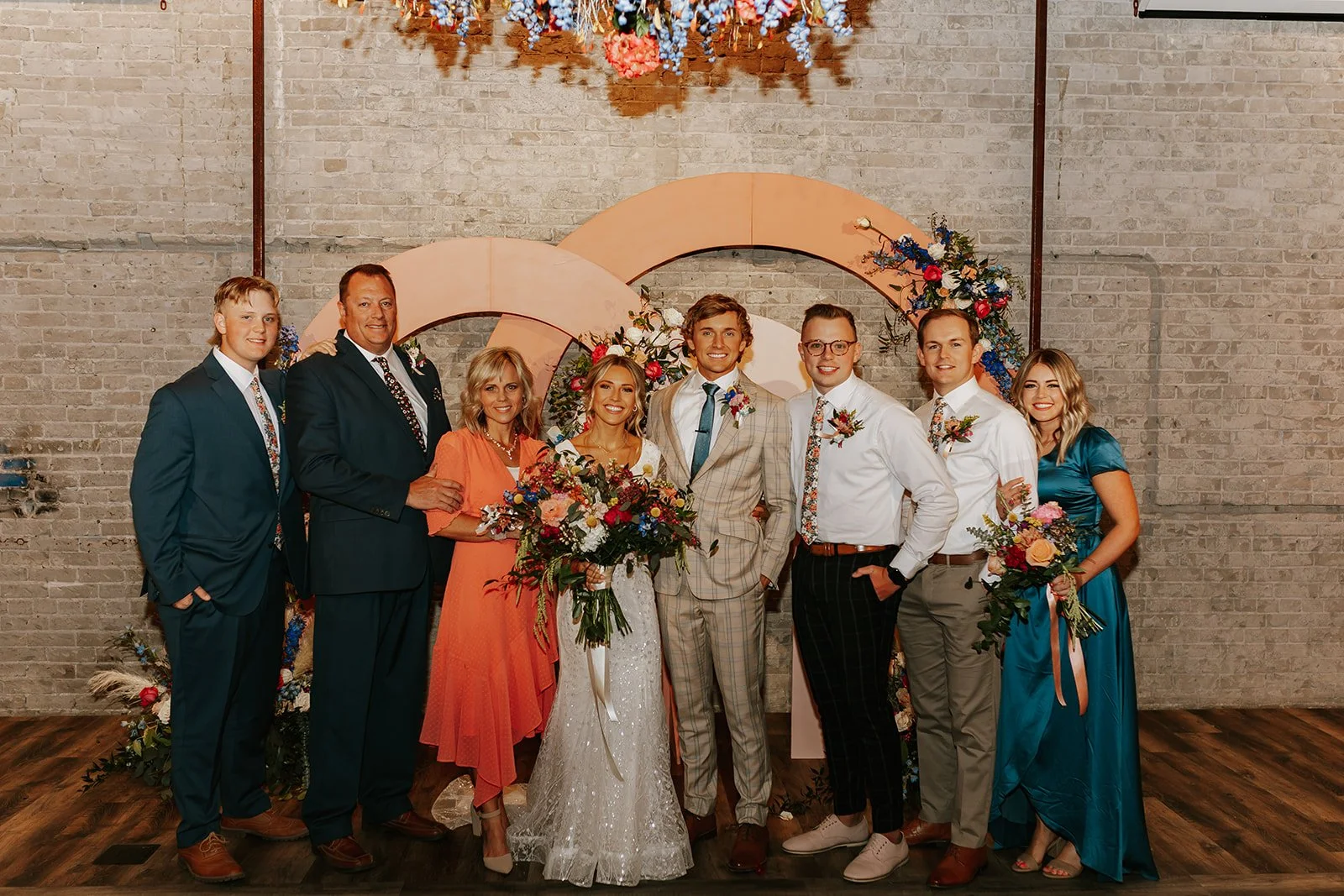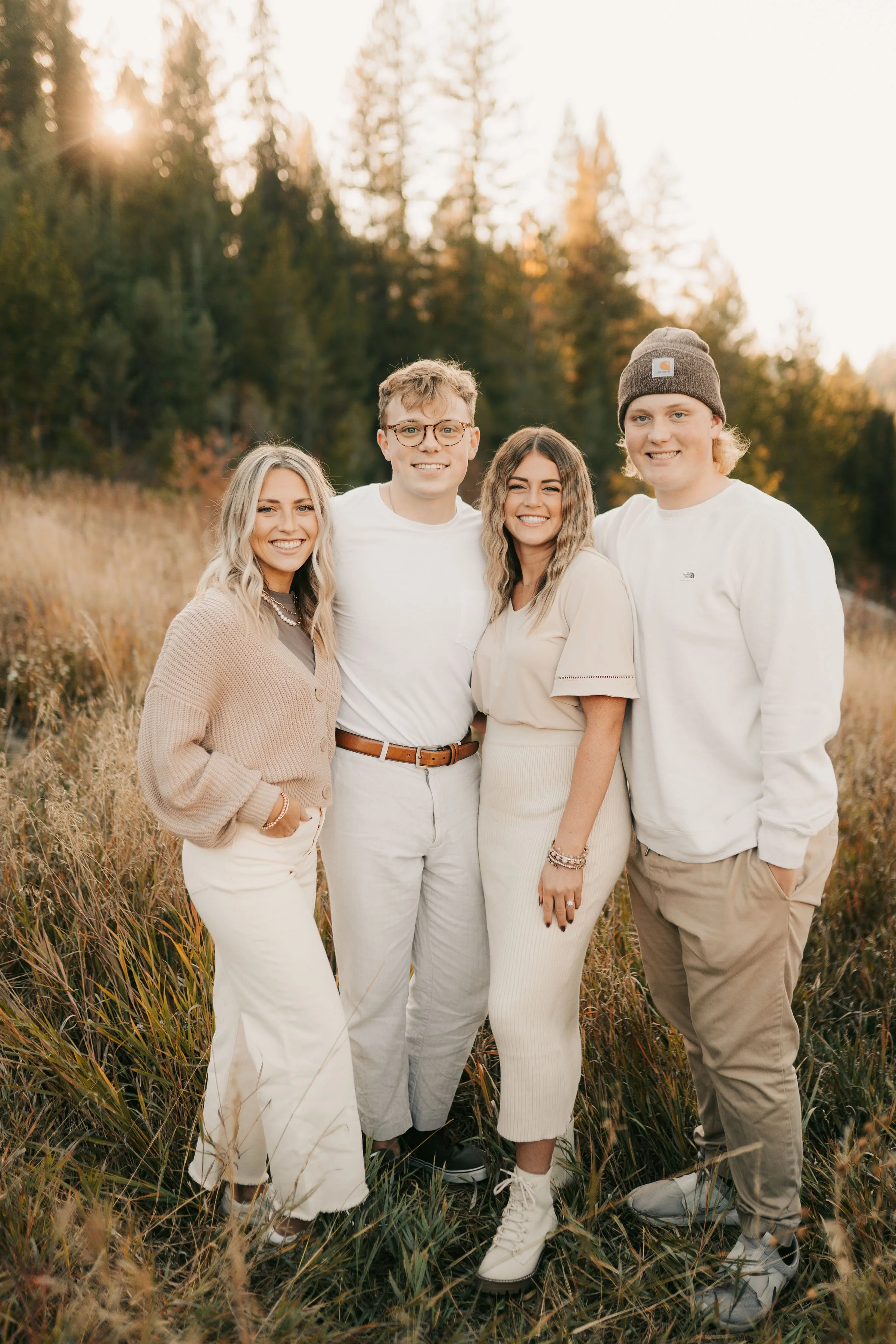“Our story starts with my brother’s, really,” says Amy Taylor of Idaho Falls. It was a cold Christmas Eve night in 2003. Amy’s husband Brooks was working the night shift at the sheriff’s office, so her fresh off his mission brother, Jamison came over to help Amy prep Christmas for her young kids. Once the kids had gone to bed, Jamison opened up to Amy. “He confided he’d been experiencing what he, at the time, called same sex attraction. I was completely surprised; it’s nothing I had ever considered. But in that moment, it changed everything I’d ever thought about gay people. I just felt bad he’d been living alone with this for so long. It made me feel closer to him and I appreciated him telling me. He asked me not to say anything because he planned to change his orientation, and didn’t want anyone knowing he had struggled with SSA,” Amy says.
That’s when Amy first defined herself as an ally. She watched her overachiever brother who owned his own business pay his way through therapy, intent on changing his orientation because he was intent on having a wife and family. She watched as he systematically dated women, and he even became engaged. But finally one day, he approached Amy and Brooks and said, “This isn’t working. I don’t think I can be with a woman. I don’t think this therapy works. The more I learn about others’ stories, the more I realize therapy might work for awhile, but people rarely change their orientation. And if they do… well, it’s not working for me.” Jamison decided to be celibate – dating women was too stressful. Amy says, “And he didn’t want to do that to a woman, make her live in a relationship where he’s not attracted to her.” But that goal took Jamison down a dark path of hopelessness. It wasn’t until he came out via video, started dating men, and learned to accept himself that they saw his burdens lift. Amy says, “We were learning as he was. I was reading everything I could get my hands on in the LDS-LGBTQ world. I thought there was a path for him in the church because I thought there was a path there for everyone.”
Simultaneously, the Taylors’ extended family were watching Amy and Brooks’ two-year-old son, Jackson, develop an affinity for the performance stage they had built in their home. Following the lead of older sisters Abby (now 24) and Hally (now 22), Jackson would don their dance costumes and prance around with them. “And he was so good at it!” Amy exclaims. Several of their relatives were quite humored by his performances, but their laughter did not sit well with Brooks. The truth is, he and Amy (and Jamison) already sensed what this might mean – Jackson’s preference for tutus over the superhero costumes they had bought him – and Brooks didn’t want anyone mocking his child.
At the time, Jamison shared something he was being told in therapy: that boys benefit from the masculine influences of their fathers. Eventually, Brooks eased back on working two jobs while Amy stepped back into the workplace so Brooks could spend more quality time with Jackson (now 20) and younger brother Lincoln (now 15) camping, motorbiking, hunting “and other guy stuff.” But all along, as Jackson grew, his parents noticed his struggles to assimilate with his peers. Something was just different.
While Jackson liked active activities like climbing, tumbling, and gymnastics, he turned to dressing in his sister’s costumes while they were away, so they wouldn’t become upset. He didn’t really fit in with the guys in their area, but young girls also didn’t always want to play with boys. When Jackson was six, he asked his mom, “Is it bad because I think a boy is cute?” At the time, Amy tried to steer him away from this train of thought by calling it admiration and emulation, not attraction. Looking back, she understands why her reframing bothered her son at the time.
A stake in the area was hosting a special meeting for LGBTQ members and their families, with Ty Mansfield and Fred and Marilyn Matis speaking. With some trepidation, Amy and Brooks decided to go. Their son was not out – not even to them yet – but as they walked into the packed building, Amy said she had one of the most spiritual impressions of her life: “This is where you need to be. These people belong here, and you belong here.” She was deeply moved in a breakout session as the Matises, who had lost their gay son to suicide, reiterated the importance to “just love our kids!” When Amy asked, “How can we do this, when they teach it’s wrong?” The Matises said, “You just do.”
That was Amy’s first moment of cognitive dissonance. At the meeting, they happened to sit behind a group of extended family members who had a gay sibling who had died of AIDS. It was a surprise when the closing prayer was announced, they realized it was another gay family member, their son and nephew, and they were all there to show support. From that moment on, the Taylors felt strongly, “This is our place. This is where we need to be advocating.”
Now in high school, Jackson went through a phase where he tried to boost his masculinity by hanging out with football players. “It was like his last stand of trying to be straight,” says Amy. “We didn’t know until later he was making deals with God and pleading things like, ‘I’ll do anything you ask if you make me not gay…’ and setting arbitrary deadlines for taking his life if it didn’t work out.” Finally, at 14 years old, Jackson came out to his mom first, sobbing, “I don’t want to be gay.” She just held him and said, “I know, but it’s going to be okay.” He then told Brooks and his siblings, knowing his entire family would be supportive and loving. And they were. It was another year before he came out to friends via a video, much like his uncle’s. That was the last night many of his so-called friends ever spoke to him. Others would still talk to him, as long as he avoided speaking of his orientation. Of their ultra-conservative, LDS community, Jamison advised the Taylors, “You need to move if you want him to have normal teen years.” But because of their jobs and because nothing is a given anywhere, moving wasn’t really an option.
They took Jackson to an Affirmation conference, where for the first time he felt he fit in and made instant friends. They went back to other events, and as Jackson realized the kids around him were amazing, awesome, cool people, that maybe nothing was wrong with him either. In high school, he joined the cheer team, which he loved, but the culmination of his senior year competitions and graduation was diminished by the effects of the 2020 Covid-19 shutdown. Jackson is now a sophomore at UC Berkeley, studying molecular and cellular biology with plans to be a neurosurgeon.
At Berkeley, he has maintained his love for the Savior, saying, “Real Christlike love is freely given and never conditional. It’s hard for me to wrap my head around why church leaders would cause harm to individuals. Hopefully they can try to empathize more, to understand.” Jackson recognizes his upbringing was unique in many ways, namely in that he had “the gold standard of parenting.” He says he never felt anything but love and support from his family, and knew even if church and school were torture chambers, he could go home and feel safe. He doesn’t resent his parents’ activity now, saying, “If they can make church a safe place for kids who don’t have that at home, that’s amazing. Sometimes I wish I could do that, and I’ve felt guilty for not being there – but I just can’t. I have a big pain-baby where the church is concerned, lots of trauma. But at the end of the day, it’s about the doctrine, and not the people, who I struggle with.”
He has now found his tribe in a place where he says people value people and are against any organization that spreads hate or harms others. The Berkeley LDS ward even dedicated a whole month this summer to LGBTQ lessons and support. “I went from an organization-first mentality, to a people-first mentality.”
Meanwhile back home, Amy is now her ward’s Relief Society President and Brooks serves on the High Council. They feel church leaders need LGBTQ families to train them, and have embraced opportunities to offer their leaders advice. Amy says she “probably brings up Jackson weekly, and it probably drives everyone crazy, but I don’t care. I’ve sat in church so many times, so angry, and I’ve thought before, why am I here? And then I got called to be the RS President. And I figured, maybe this is my time to serve; maybe they need me.”
The Taylors have since built a new home, with a specially designed space for a new kind of gathering: Open Arms, their monthly LGBTQ support group. Now five years strong, it’s modeled after a similar one their family members run in Arizona. Open Arms has attracted speakers including Tom Christofferson, Ben Schilaty, Charlie Bird, Richard Ostler, and audiences of over 100. The group started when a family friend - a stake YW president - called Amy for advice, as her daughter had just come out. Amy’s words to her now resonate regularly with so many other parents in their position, “Just love her. Just do whatever it takes to keep your child alive.”




































